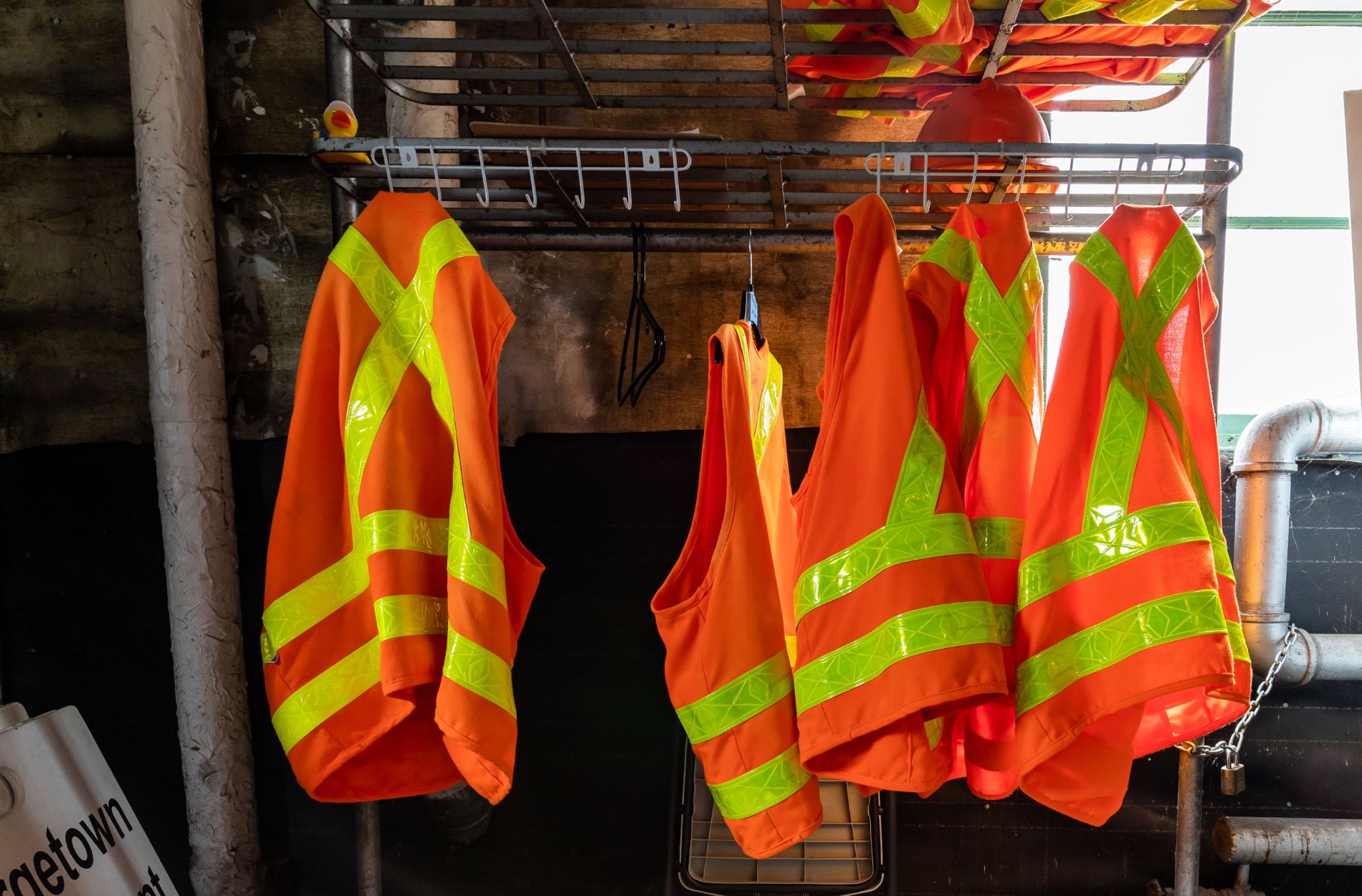Seeking advice from the Health and Safety Executive (HSE) can be essential for maintaining a safe workplace. The HSE provides valuable guidance on health and safety issues, helping businesses and individuals understand and comply with regulations. Knowing when and how to ask for their help can prevent accidents and ensure that you are meeting legal requirements.
Sometimes, workplace safety concerns or confusion about regulations can arise. You might wonder if a particular practice is safe or if your workplace meets the necessary standards. This is where the HSE can provide clear and authoritative advice. They can offer guidance on specific situations, helping you make informed decisions.
Engaging with the HSE can also show your commitment to safety. By seeking their advice, you demonstrate a proactive approach to safeguarding your workplace. This can foster a culture of safety and compliance, benefiting everyone involved. Understanding the ways to contact the HSE and what to expect in return can make the process smoother and more effective for all parties.
Understanding When to Ask the HSE for Advice
It’s important to know when to reach out to the Health and Safety Executive (HSE) for advice. You should consider contacting them when you face complex health and safety questions that can’t be easily answered using internal resources. For instance, if you’re unsure about the proper handling of hazardous materials or need clarity on specific regulations, the HSE can provide detailed guidance.
Consult the HSE if you’re planning significant changes to your workplace that could impact safety, like introducing new machinery or processes. They can help you understand the safety measures needed to implement these changes responsibly. This proactive approach can prevent accidents and ensure that you comply with legal standards.
Also, reach out to the HSE if you’ve identified recurring workplace hazards that need expert assessment. Continuous issues with safety may indicate systemic problems that require specialised advice. By seeking the HSE’s input, you can develop effective strategies to address and resolve these recurring dangers, leading to a safer working environment for everyone.
How to Contact the HSE for Guidance
There are several ways to get in touch with the HSE for advice. One common method is through their website, which offers a range of resources and guidance documents. The website features contact forms where you can submit questions and describe your concerns in detail. Ensure you provide accurate information to receive precise advice.
You can also contact the HSE by phone. Their helpline is staffed with knowledgeable advisers who can provide immediate support for urgent queries. When calling, have all relevant information ready, such as details about the issue and any specific questions you need answered. This will help the adviser understand your situation and offer relevant guidance.
Additionally, consider reaching out by email. This method is useful if your inquiry requires detailed explanations or if you need to attach documents and photos for review. When composing your email, be concise and clear, ensuring you include all pertinent details to facilitate a thorough response. This approach allows for a documented exchange, which can be useful for future reference. Always follow up if you don’t receive a timely response to ensure your concern is addressed.
What to Expect from HSE Advice and Guidance
When you seek advice from the HSE, expect clear and comprehensive guidance tailored to your specific concerns. The HSE aims to provide practical solutions that can be easily implemented in your workplace. Their advice usually includes detailed steps on how to address identified hazards and comply with regulations.
If your query is complex, the HSE might conduct a site visit to better understand your situation. During these visits, inspectors will observe operations, interview staff, and review safety procedures. Their findings will help them offer more precise recommendations tailored to your environment. These investigations are thorough and aimed at ensuring your workplace meets all health and safety standards.
In addition to written and verbal advice, the HSE offers various resources, such as guidance documents, checklists, and training materials. These resources can be invaluable for ongoing reference and help maintain high safety standards. Expect the HSE to provide follow-up support if needed, ensuring their advice leads to effective changes in your workplace safety practices.
FAQs on Asking the HSE for Advice
1. Is there a cost for asking the HSE for advice?
No, seeking advice from the HSE is free of charge. They offer various resources and support without any fees to ensure workplace safety.
2. Can I receive advice anonymously?
Yes, you can request advice anonymously. The HSE respects the confidentiality of individuals seeking guidance to ensure their safety and privacy.
3. How long does it take to receive a response?
Response times can vary depending on the complexity of your query. Simple questions might be addressed quickly, while detailed inquiries may take longer.
4. Is HSE advice legally binding?
HSE advice itself is not legally binding, but following their guidance helps you comply with the law. Ignoring their advice could result in failing to meet legal safety standards.
5. Can the HSE help with specific industry concerns?
Yes, the HSE provides industry-specific advice. They have expertise in various sectors and can offer guidance tailored to your industry’s unique needs.
Final Thoughts
Seeking advice from the HSE is a proactive step towards maintaining a safe and compliant workplace. By understanding when to ask for their guidance and knowing how to contact them, you can address safety concerns effectively. The HSE provides detailed advice and support tailored to your specific needs, helping you navigate complex health and safety regulations.
Their expertise can make a significant difference in how safety is managed in your workplace. Regularly engaging with the HSE fosters a culture of safety and ensures that you are meeting all necessary legal requirements. This not only protects employees but also enhances overall operational efficiency.
For comprehensive health and safety training and consultancy, reach out to CR Training. Our professional services can help your business stay safe and compliant, ensuring a healthier work environment. Contact CR Training today to learn more about how we can assist you.




